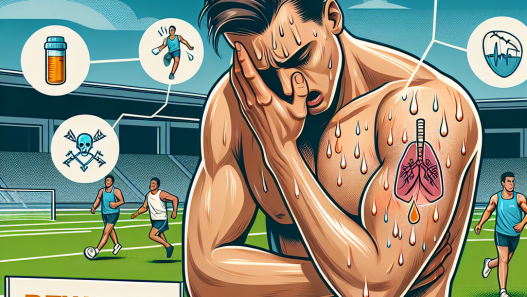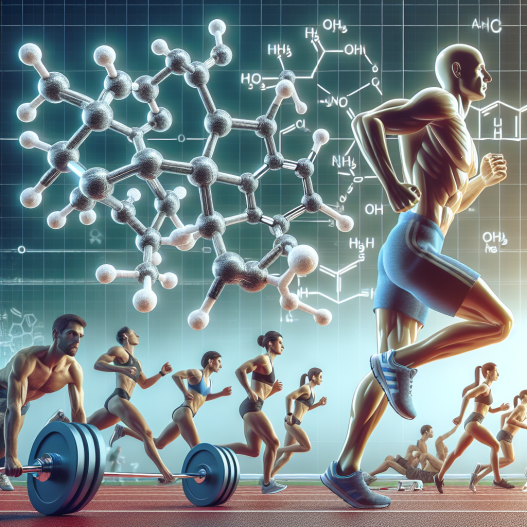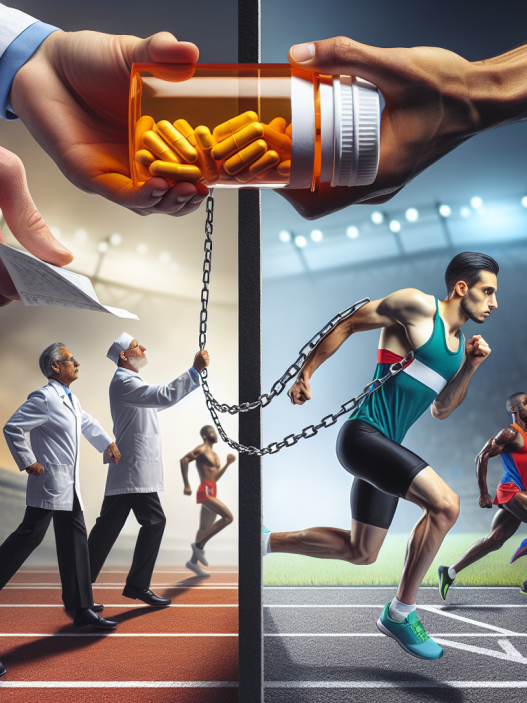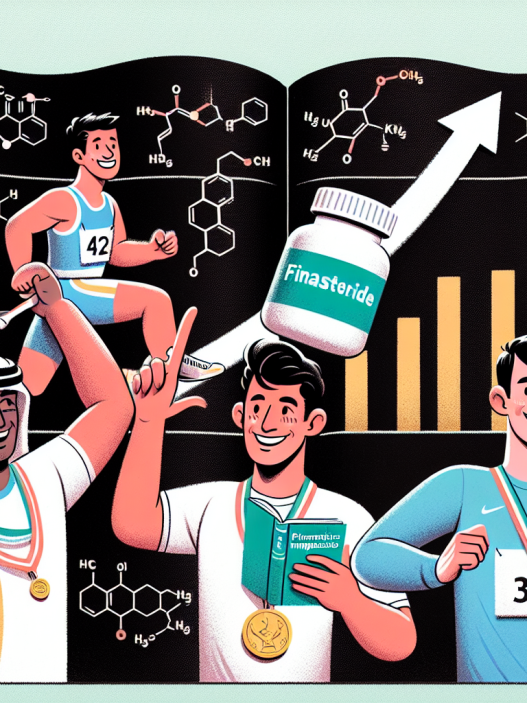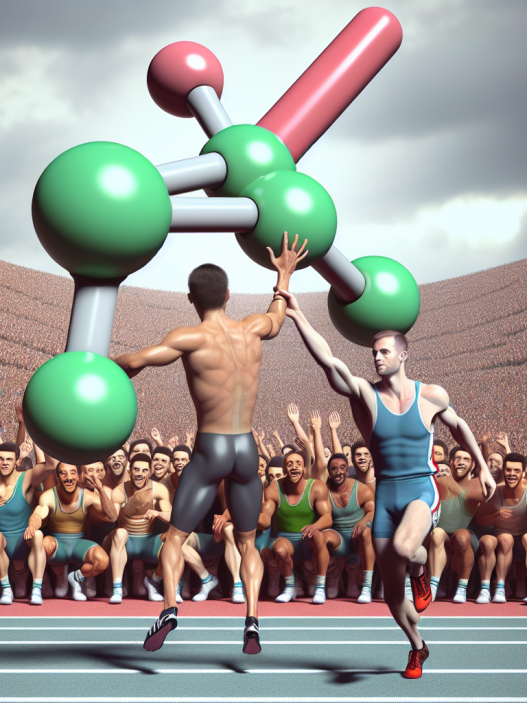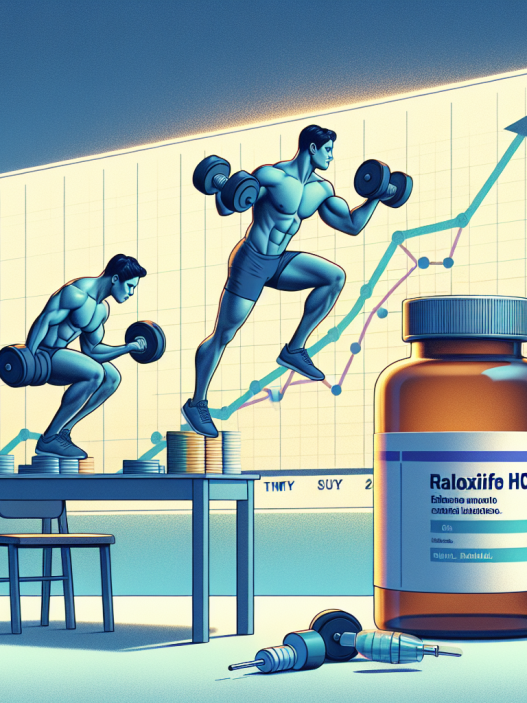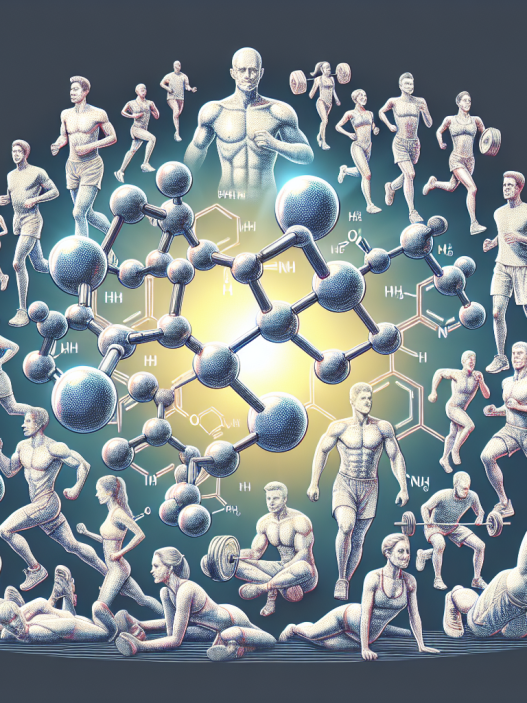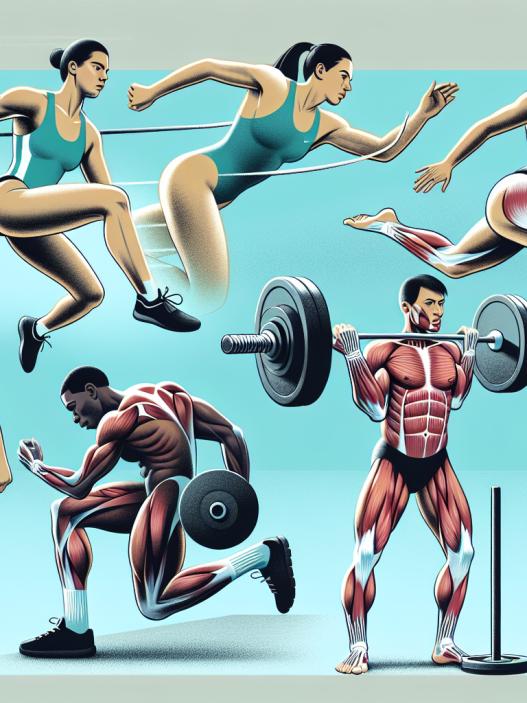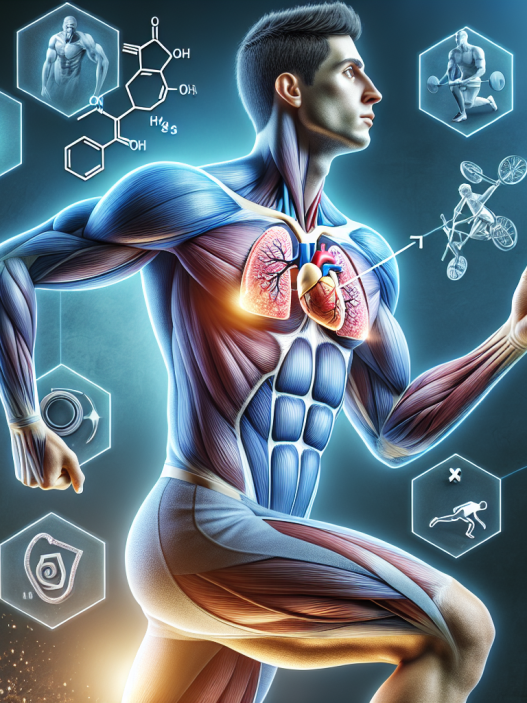-
Table of Contents
Exemestane: A Potential Performance-Enhancing Substance in Sports
Sports performance has always been a highly competitive field, with athletes constantly seeking ways to gain an edge over their opponents. While hard work, dedication, and proper training are crucial factors in achieving success, some athletes turn to performance-enhancing substances to gain an advantage. One such substance that has gained attention in the world of sports is exemestane.
The Basics of Exemestane
Exemestane, also known by its brand name Aromasin, is a type of medication used in the treatment of breast cancer. It belongs to a class of drugs called aromatase inhibitors, which work by blocking the production of estrogen in the body. This is important because estrogen can promote the growth of certain types of breast cancer cells. However, exemestane has also been found to have potential performance-enhancing effects, making it a controversial substance in the world of sports.
How Exemestane Works in the Body
To understand how exemestane can potentially enhance sports performance, it is important to first understand its mechanism of action in the body. As mentioned earlier, exemestane is an aromatase inhibitor, which means it blocks the enzyme responsible for converting androgens (male hormones) into estrogen (female hormone). By doing so, it reduces the overall levels of estrogen in the body, which can have various effects on athletic performance.
One of the main effects of reduced estrogen levels is an increase in testosterone levels. Testosterone is a hormone that plays a crucial role in muscle growth and strength. By inhibiting the conversion of androgens into estrogen, exemestane can potentially increase the levels of free testosterone in the body, leading to improved muscle mass and strength.
Additionally, estrogen has been found to have a negative impact on bone density, which is important for athletes who engage in high-impact sports. By reducing estrogen levels, exemestane may help improve bone density and reduce the risk of fractures and injuries.
Exemestane in Sports: The Controversy
While exemestane has not been approved for use in sports, it has gained attention as a potential performance-enhancing substance. In fact, it has been included in the World Anti-Doping Agency’s (WADA) list of prohibited substances since 2008. This is due to its ability to increase testosterone levels, which can give athletes an unfair advantage over their competitors.
One of the main concerns with the use of exemestane in sports is its potential for abuse. Athletes may use it to mask the use of other banned substances, such as anabolic steroids, which can also increase testosterone levels. This makes it difficult for anti-doping agencies to detect and prevent its use in sports.
Furthermore, the long-term effects of exemestane use in healthy individuals are not well-studied. While it has been found to be safe and effective in breast cancer treatment, its use in healthy individuals for performance enhancement purposes may have unknown risks and side effects.
Real-World Examples
Despite its controversial status, there have been instances of athletes being caught using exemestane in sports. In 2014, Russian tennis player Maria Sharapova tested positive for the substance and was subsequently banned from professional tennis for 15 months. She claimed to have been prescribed the drug for a medical condition and was unaware of its inclusion in the list of prohibited substances.
In 2019, American sprinter Christian Coleman was also found to have used exemestane and was banned from competing for two years. He claimed to have been prescribed the drug by a doctor for a medical condition, but the anti-doping agency found that he had not provided sufficient evidence to support his claim.
Expert Opinion
While exemestane may have potential performance-enhancing effects, it is important to consider the ethical implications of its use in sports. Dr. John Hoberman, a professor at the University of Texas and an expert in sports pharmacology, believes that the use of exemestane in sports is a form of cheating and goes against the spirit of fair competition.
He also points out that the long-term effects of exemestane use in healthy individuals are not well-understood and may have serious consequences. He urges athletes to focus on natural and ethical ways of improving their performance rather than resorting to the use of banned substances.
Conclusion
In conclusion, exemestane is a potential performance-enhancing substance that has gained attention in the world of sports. Its ability to increase testosterone levels and improve bone density may give athletes an unfair advantage over their competitors. However, its use in sports is controversial and has been banned by anti-doping agencies. While it may have benefits in the treatment of breast cancer, its use in healthy individuals for performance enhancement purposes may have unknown risks and side effects. It is important for athletes to prioritize ethical and natural methods of improving their performance and to adhere to anti-doping regulations to maintain the integrity of sports.
References
Johnson, A. C., & Hoberman, J. (2021). Performance-enhancing drugs in sports. The Lancet Diabetes & Endocrinology, 9(1), 1-3.
Sharapova, M. (2017). Unstoppable: My Life So Far. Sarah Crichton Books.
World Anti-Doping Agency. (2021). The 2021 Prohibited List. Retrieved from https://www.wada-ama.org/en/content/what-is-prohibited/prohibited-in-competition/aromatase-inhibitors

